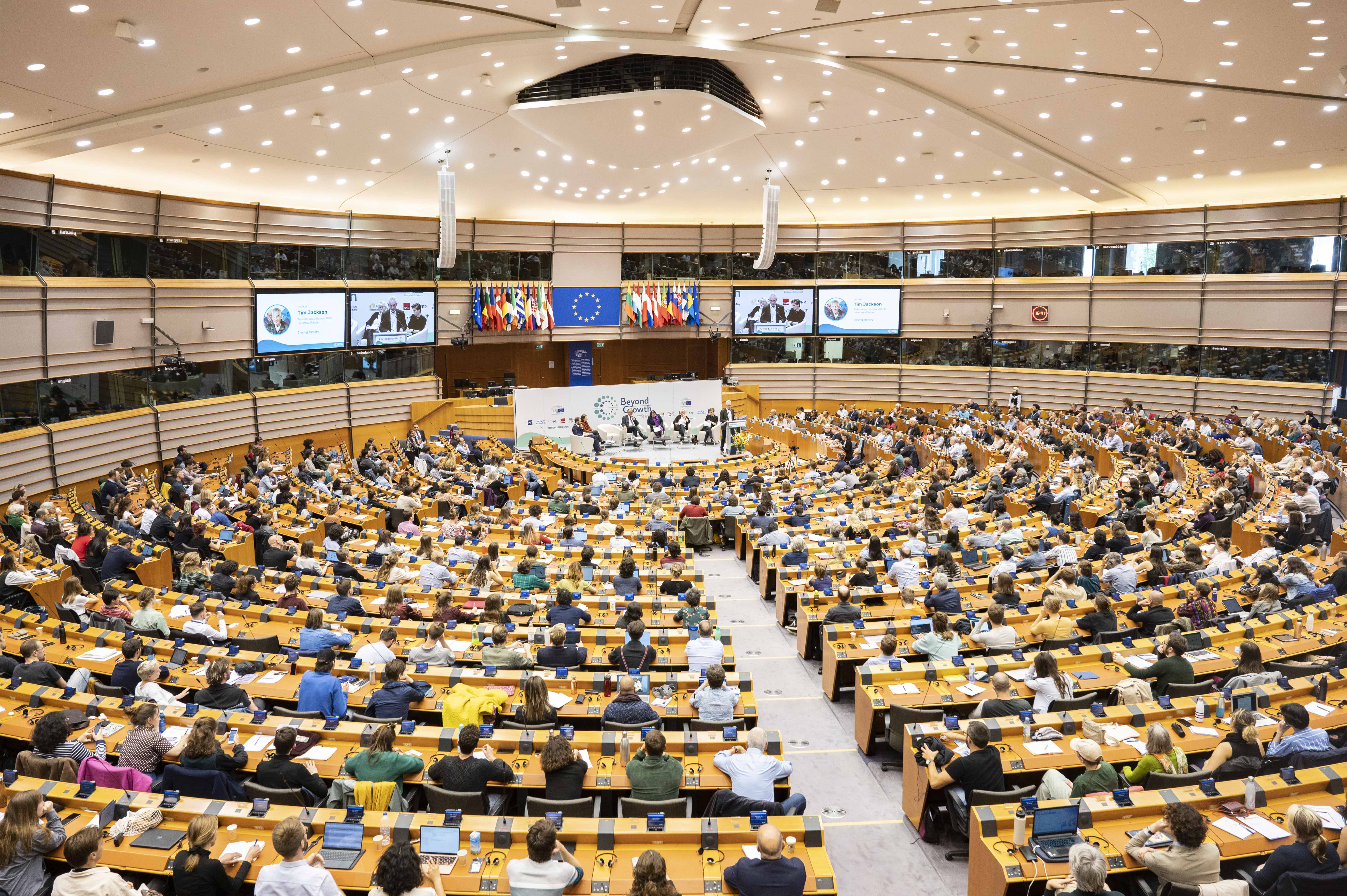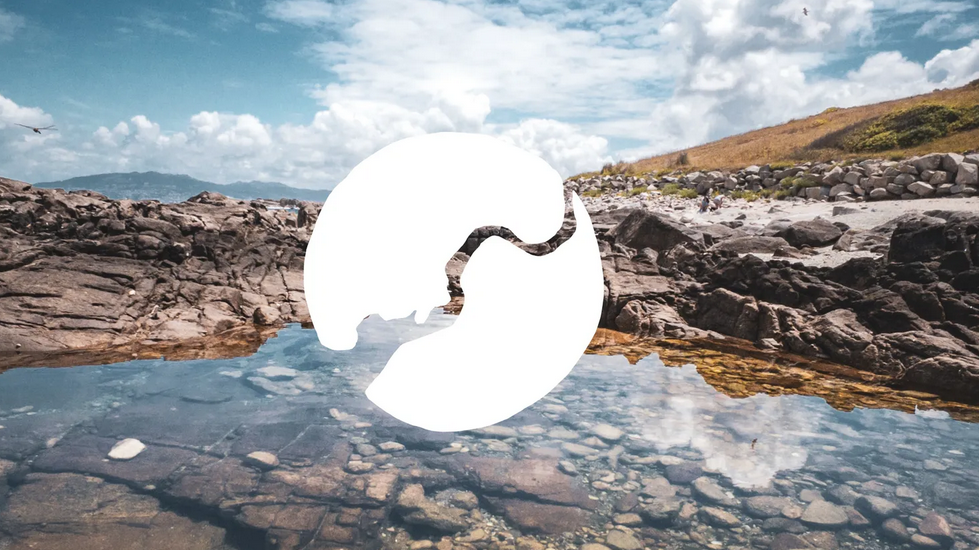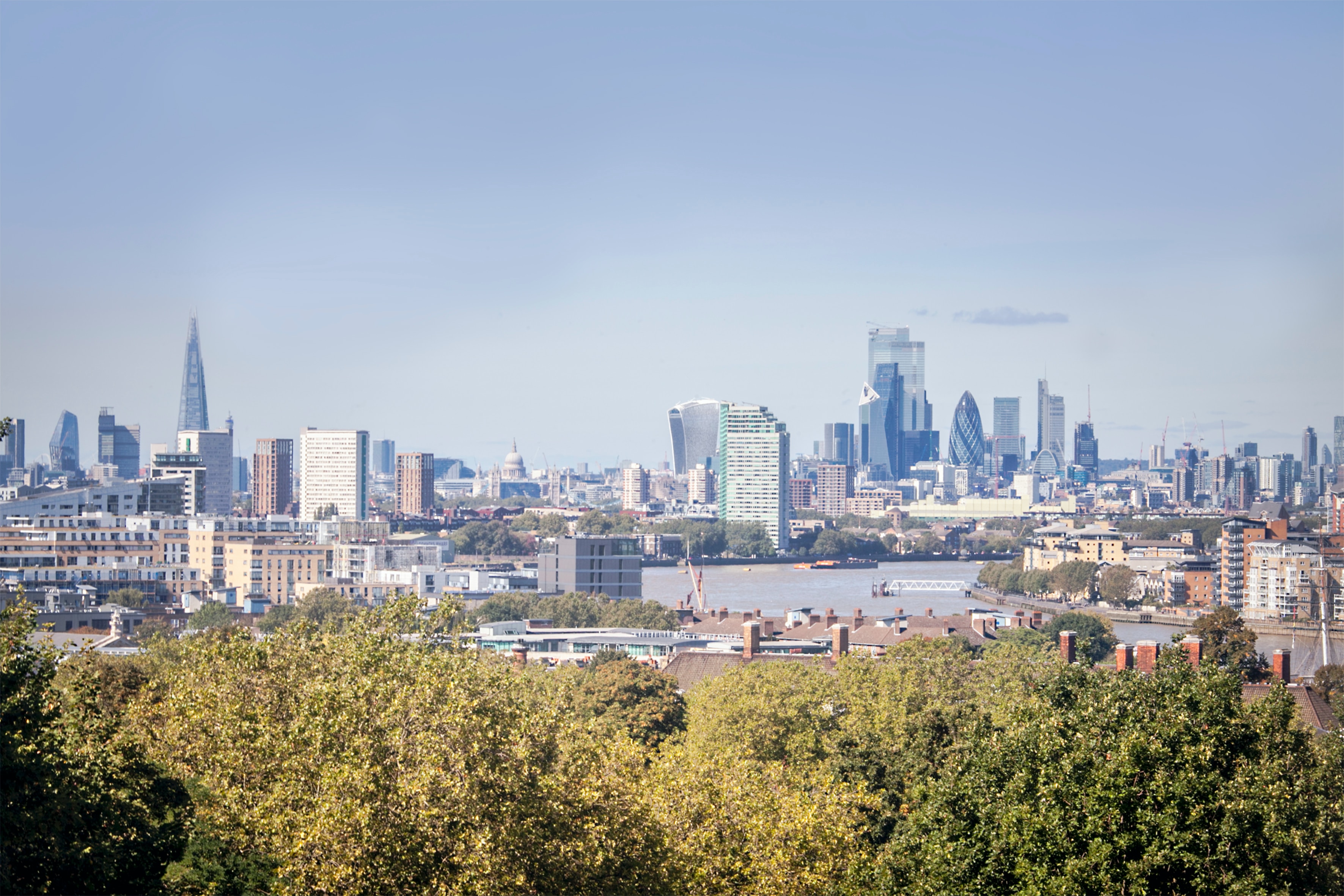Announcements • 22.02.2024

Across Europe, politicians, academics and civil society will explore the need for economic system transformation beyond growth at several national-level events. At least five Beyond Growth conferences have so far been confirmed, in Austria, Denmark, France, Ireland and Italy – most of them taking place within national Parliaments. These events are a direct consequence of a large three-d...
Justice • 30.01.2024

In degrowth, we often speak about how the relationship between the Global South and the Global North could look differently. But what happens at the edges, and how can we understand these edges or points of encounter in the degrowth discourse?
Announcements • 20.12.2023

Looking back at the past year in degrowth, as told by our blog
Strategy • 17.10.2023

This summer saw the launch of 'Caracol DSA: the Degrowth Ecosocialist Caucus'; a new degrowth group within the Democratic Socialists of America, the largest U.S. socialist organization in decades and an increasingly powerful force in US politics.
Announcements • 03.10.2023

The 10th International Degrowth Conference and the 15th Conference of the European Society for Ecological Economics (ESEE) will be held in the city of Pontevedra (Galicia, Spain) from 18 – 21 June 2024. This joint conference is part of the “Pontevedra ESEE-Degrowth 2024” activities, which will establish Pontevedra as the European capital of degrowth in 2024. See the presentation video here. T...
Announcements • 19.09.2023

For every executive, financier and oligarch in London chasing power and obscene wealth, there are multiple times more people seeking to build inclusive, joyful, and sustainable communities. Degrowth London is a new group joining this effort.